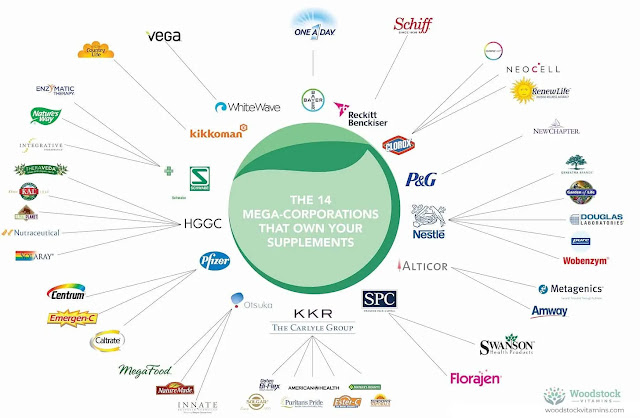Natural vs Synthetic Supplements: What's the Difference?
In the age of health and wellness, a major concern that has surfaced among discerning consumers is the origin of their supplements: are they natural or synthetic?
Natural Supplements are derived directly from plant or animal sources. They often contain not just the primary active ingredient, but also other beneficial compounds from the source material. This means that they often work synergistically within our bodies, much like whole foods do. These supplements tend to have higher bioavailability, meaning our bodies can absorb and utilize them more efficiently.
Pros:
Cons:
Synthetic Supplements, on the other hand, are formulated in laboratories. They aim to duplicate the structure of natural compounds. While they might look identical on paper, the body can sometimes tell the difference. There have been instances where synthetic versions of vitamins and minerals don't provide the same benefits as their natural counterparts, and in some cases, might even have adverse effects.
Pros:
Cons:
It's essential to be discerning when choosing supplements. Labels like "natural" are not always indicative of the product's quality or efficacy. It's always a good idea to research a brand, understand its sourcing practices, and, when in doubt, consult with a healthcare professional.
Mega-Corporations are Coming for Your Healthcare Supplements

In recent years, the health and wellness industry has witnessed a seismic shift as mega-corporations increasingly dominate the vitamins and supplements landscape. This rise of 'big pharma' in the realm traditionally reserved for more holistic and natural solutions presents a dichotomy of motivations – profit-driven expansions versus patient-first ideologies.
Mega-Corporations and Their Surge in Wellness
When Nestlé, the world's largest packaged food company, recently acquired the primary brands of The Bountiful Company for $5.75 billion, it marked yet another instance of big business venturing deep into the wellness space. Nestlé's acquisition includes renowned brands such as Nature’s Bounty and Solgar. This move, while strategically sound from a business perspective, raises questions about the true motivations behind such acquisitions. Is it merely a diversification of portfolios or a genuine interest in promoting health?
Moreover, it's not just Nestlé. Brands like Centrum, Nature Made, and One-A-Day have also been enveloped by global giants like Glaxo Smith Kline, Otsuka Pharmaceuticals, and Bayer. The motivation becomes even murkier when these pharmaceutical behemoths, like Bayer, also have stakes in sectors such as agricultural chemicals.
Adapted from: https://vigilantnews.com/post/mega-corporations-are-coming-for-your-healthcare-supplements







.png)
Comments
Post a Comment